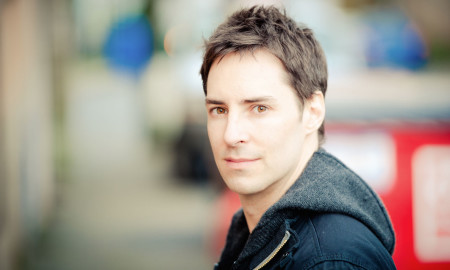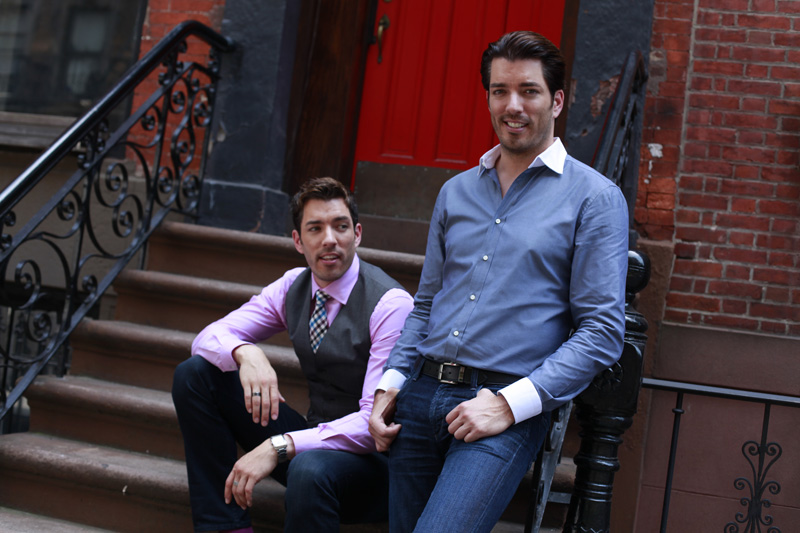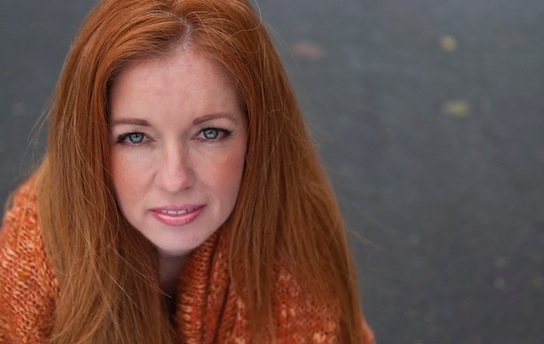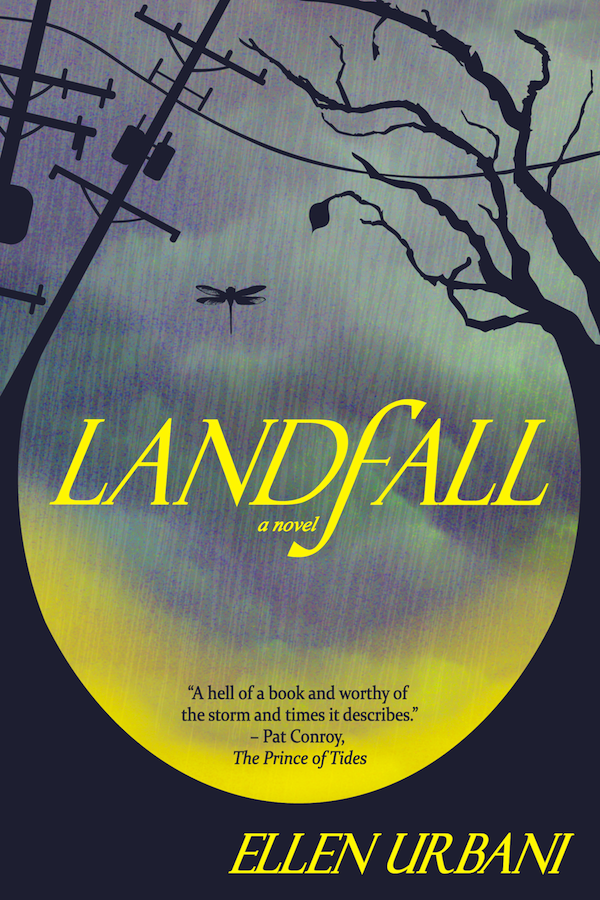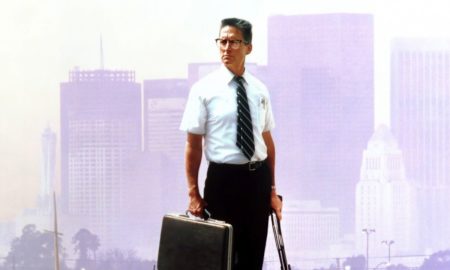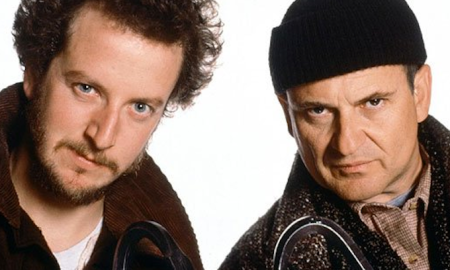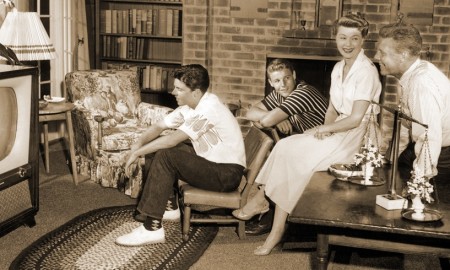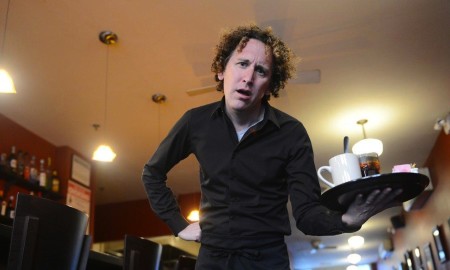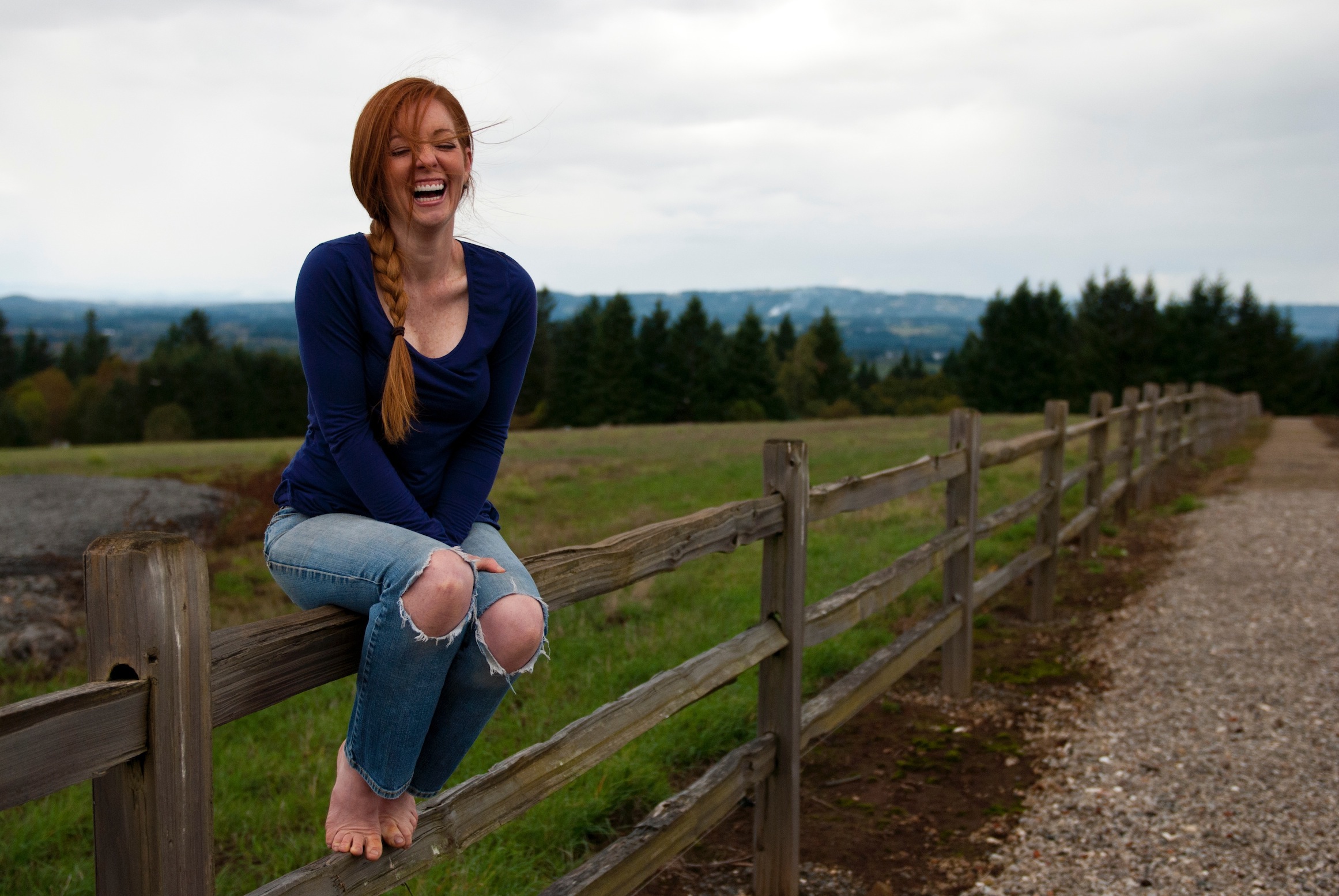

http://amzn.to/1Mh9H4RWhen Ellen Urbani was a child, she dreamed of being a writer who lived on a farm. Haven’t we all, but for Ellen, mission accomplished for an accomplished novelist. With two books under her belt, she lives on an Oregon farm with her husband, two children, and an army of barnyard pets. So yeah, fairy tales do come true, and they happen to other people.
Her life up to this point, however, was far from Green Acres. In her past, she was a Peace Corp volunteer in Guatemala (related experiences fictionalized in her first novel, When I Was Elena, praised by The Color Purple author Alice Walker). She also earned a Master of Arts degree in art therapy; her work was featured in a short documentary, Paint Me A Future, which won a Juror’s Award at the Palm Springs International Film Festival in 2000, qualifying it for Oscar consideration.
Girl, for someone who wanted to live on a farm, what’s with all the ambition?
“A lot of writers just like to write,” she tells me, “but I love meeting people and I love hearing other people’s stories.”
Must be, because her latest novel, Landfall, is all about other people’s stories, in order to tell one big story. The book zeroes in on a complicated, uncomfortable subject and slushes bravely forward, examining it from every angle imaginable (and there are a lot of angles). This is nothing new for Ellen, being that her last novel was about a civil war in Guatemala, far from a cozy farm.
Landfall centers around two oddly interconnected women and the tragic and strange miracle of Hurricane Katrina. It’s attracted the notice of some literary heavy hitters:
“Ellen Urbani has written an amazing and original piece of literature,” writes no less than Fannie Flagg, author of Fried Green Tomatoes. “If you love family sagas characterized by women holding the generations together via a magical combination of grit and grace, such as Isabel Allende’s House of the Spirits, you will love this haunting book! “
Sold! Pretty decent praise, but wait, there’s more.
“A hell of a book, and worthy of the storm and the times it describes,” raves no less than Pat Conroy, author of The Prince of Tides and The Great Santini.
Pretty encouraging. And right on time, from the right writers in the right region.
“I needed the support of Southern writers,” says Ellen, who considers herself a Southern soul. This is intriguing, because she was born in Philadelphia, to an Irish/Italian family, even though now she is currently making hay the Great Northwest.
“The South is sort of an insular place if you are not from there,” she says. “This Oregon farm girl enjoyed the endorsement of some luminous Southern writers. It was such a gift to me that they endorsed that book so early on.”
In writing about the resulting shit storm that resulted from Hurricane Katrina, Ellen knew a little something about lives in upheaval, sudden, irreversible chaos and the drive to restore order.
“I wrote that book when I had become divorced, six weeks before I left for my national book tour,” she says. “I was living as a single mom and touring the country and raising two babies. [I am interested in] what people do to make do when their lives take such a big U-turn.”
Katrina, in particular, was a natural disaster that had political and social implications. Although Ellen’s eyes have seen many things, the tragedy that overtook Louisiana allowed her to see it the way many people are seeing it too: cold, honestly and with a rushing flood of sadness, separation and loss.
“For the first time in America,” she says, “I could explore that compelling case of what happens to people who are left behind when someone disappears. Here were almost 1900 people who died immediately during that storm. Ten years later, there are still over 700 people considered missing. And something more was missing in the immediate aftermath when all the records that were kept in basements in New Orleans were flooded. People were air lifted off of roofs and dropped in various cities throughout the South. People could not find the people who were separated from them.”
This was not the first time Ellen considered writing about upheaval. During her time in the Peace Corps, Guatemala was experiencing a brutal civil war that ignited similar unspeakable grief.
“One of the government retributions for the people who took up arms is that [the government] would kidnap and kill a family member,” she says. “[The family member] walked out to get a bus or they went out to the field to harvest something and they simply never returned. I watched the horror in a family when someone simply is gone in an instant and you have no idea what happened to them. And while I was abroad, my own mother was diagnosed with breast cancer. Thankfully, she survived and is doing well, but living abroad, I realized that there could be this hole in my life. That concept of what happens in the lives of people when someone disappears was one that very much intrigued me.”
As awful as that was to witness, the experience also gave her a depth that never could have happened from sitting in front of a laptop with a latte.
“Of all the things I’ve done in my life” she says, “joining the Peace Corps and marrying my husband were the two most remarkable and best choices I’ve ever made. The Peace Corps was an experience of opposites: It was both wonderful and horrible. It was exciting and terrifying. I was in danger a lot of the time and I was remarkably safe a lot of other times. It was a good thing for me as a young adult to go to a place where life was so very different. I wanted to get somewhere where I would see the world through a different lens. It absolutely altered my level of gratitude and the priviledge I had been born to. It made me more grateful. It made me more patient and humble.”
Of course, because Landfill is set in New Orleans, there is a peculiar something extra inching the story along: the supernatural, in an unexplained kind of way.
“I don’t adhere to any particular belief system,” she says, “but I’m always struck by the way things we consider unbelievable happen every day of our lives. Tiny little miracles. Tiny little mysteries. New Orleans is such a magical city in that way, to me.”
As well, out of the worst bad often comes the most good, as Ellen points out.
“The population is still disbursed all over the South,” she says, “but at the same time, it was interesting to me to see who it was who had come back and how invested they were in those communities. Small shops, small businesses, really revitalizing those neighborhoods. Those people who were so committed to rebuilding the neighborhoods was a very beautiful thing. We’ve all become so very nomadic. It’s amazing to see this love of place. The people who returned to New Orleans love that city like it’s in their bones. That kind of commitment was a very humbling thing to witness.”
Such life experience makes for a writer who speaks truth, rather than imagines it. Ellen explains it like this:
“As we mature through our lives and we have these new experiences, we see things through a different lens,” she says. “It’s very important for me, when I write a story, to look at it from as many angles as I could find. There is no one version of a story, no singular truth. I wrote in a way where I could bring a lot of voices to the same tale.”
Find out more about Ellen Urbani here.
Check out the book here.




